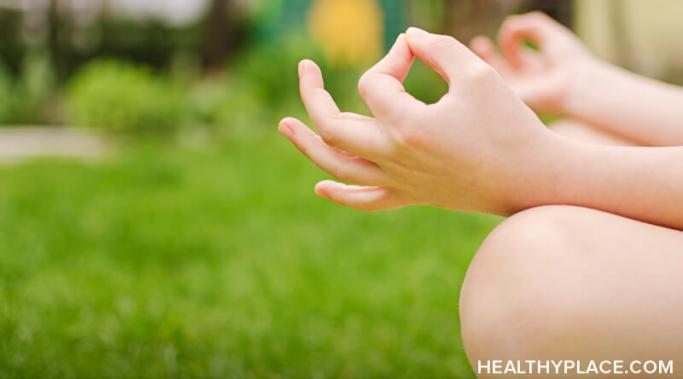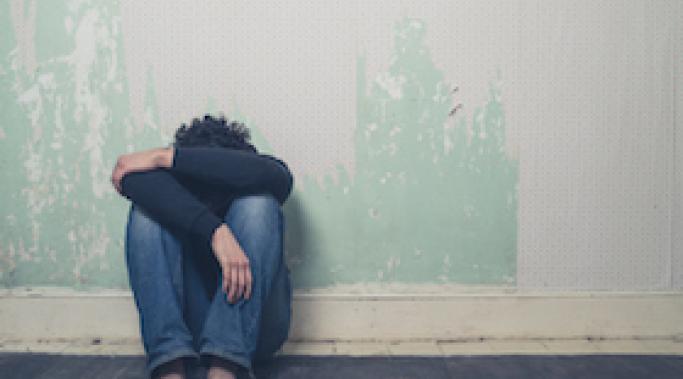I have bipolar disorder, and I have studied abroad. From the moment I enrolled in my first college classes, I eagerly searched for opportunities to study abroad, unaware of the impact my oncoming diagnosis would have on my plans. Here's how bipolar disorder affects studying abroad.
Bipolar Vida
Navigating dating as a young adult in college is challenging enough, but adding the complexities of managing bipolar disorder turns it into an even more intricate balancing act. I went through my first breakup when I was eighteen, and due to the emotional toll, I decided to take a break before I attempted to date again. At nineteen, I had my first manic episode and was diagnosed with bipolar 1. The emotional toll of processing the trauma related to that manic episode was much worse than the breakup. As a result, I began to fear adding dating back into the equation while my mental health still seemed out of control. I also feared that nobody would be able to understand me after this experience. I became so avoidant towards dating that I did not go on another date until I was manic four years later.
My name is Kelly Waters, the new author of "Bipolar Vida," and I live with bipolar disorder type 1, attention-deficit/hyperactivity disorder (ADHD), and autism. I am a creative, free-spirited person with a passion for sharing my mental health story, working to erase stigma, and making others feel less alone with their mental health struggles. I am excited to bring my experiences to "Bipolar Vida" and the HealthyPlace platform.
Reaching your SMART goals with bipolar disorder gives you a sense of accomplishment, a feeling like no other. Living with bipolar disorder poses challenges, but you don't have to give up your hopes and dreams, no matter how big or small. It would benefit you to learn to be flexible, patient, and realistic with yourself. Goals aren't reached overnight. Regardless of your goal (physical, emotional, academic, professional, or personal), it is important to set yourself up for success. Using SMART goals with bipolar helps you to do that.
Alternative coping skills for bipolar disorder can be important thanks to the fact that living with bipolar disorder can feel like you're on an emotional roller coaster. Dramatic and erratic shifts in mood, energy levels, and your ability to function on a daily basis are affected. These mood fluctuations can wreak havoc throughout your personal and professional life. Learning to cope with intense emotions and changes with alternative coping skills for bipolar can help you feel more in control of your mental health.
I don’t know anyone who likes to ask for help from their bipolar support system. No one wants to feel like they can’t handle things on their own or like a burden to others. The impact that mental health conditions such as bipolar can have on our lives requires us to seek help (Asking for Help Because of Bipolar). This is where having a bipolar support system that is equipped to help you comes in handy and you must help your support systemp in order to allow your support system to help you.
Many of us living with bipolar disorder struggle to sleep well. The fluctuations in energy level and mood can make it feel nearly impossible to maintain healthy sleeping patterns (Bipolar Disorder and Sleep Problems). Making small adjustments to your nighttime routine can help you sleep well with bipolar disorder and decrease your chances of manic episodes.
The erratic nature of this chronic disorder also means that everyone's experience looks a little bit different so identifying and tracking bipolar symptoms can be important. Bipolar symptoms of mania, hypomania, depression and mixed episodes all cause some level of discomfort or disruption of functioning. By being able to identify, understand and track your bipolar symptoms, you increase your chances of being able to keep yourself healthy. Knowledge is power.
Yesterday was not my best day and I had to pull out my bipolar coping skills toolbox. It's not the first bad day that I've had and it won't be the last. Highs and lows are part of the territory of bipolar disorder. Learning to manage the extremes of bipolar disorder feels like something I'm constantly working on and that’s okay. Wellness is a journey and it can be improved by building your bipolar coping skills toolbox.
Life with bipolar disorder brings a sort of intensity with it so mindfulness skills for bipolar disorder can help. The highs and lows of bipolar disorder can be difficult to manage. If you live with bipolar disorder, mindfulness skills are a great way to help you observe and track your mood so that you can better manage symptoms when you notice changes.









